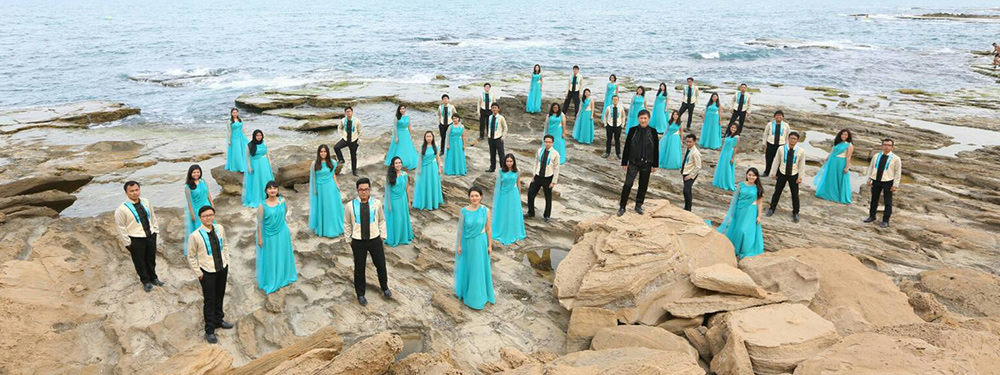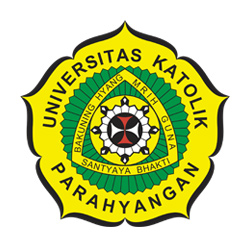Universitas Katolik Parahyangan (UNPAR) was founded in Bandung in 1955 to give the Catholic Church in Indonesia a way to contribute to the development of the still new Indonesian nation-state. UNPAR’s mission remains the same to this day, coming down to three main principles: love the truth, do all things for the common good, and respect people’s differences.
UNPAR’s motto is “Bakuning Hyang Mrih Guna Santyaya Bhakti”- Through divinity, pursue knowledge for the benefit of society at large. This is embodied practically through their body of scientific research utilised in community service.
As a private Christian university, UNPAR’s goal is to provide the highest quality education in all disciplines. The majority of their study programs are accredited with an ‘A’ rating, the Indonesian government’s highest level. Quality education is the foundation of UNPAR’s business and missionary work.
UNPAR offers a comprehensive range of programs across seven faculties:
- Economics
- Engineering
- Social and Political Sciences
- Law
- Information Technology and Science
- Philosophy
- Industrial Technology
Commercial research at UNPAR is in its infancy, but the faculties of Engineering, Industrial Technology, and Science and Information Technology show great potential for the future. Support from organisations like the British Council provides the technical knowledge and social enterprise experience UNPAR needs to drive its efforts forward. The institution is looking into opportunities in the textiles and food industries for collaboration on a local and national level.
UNPAR has also established the Centre of Excellence for Small and Medium Enterprises and is now running the Global Entrepreneurship Monitor (GEM), which works on collecting and analysing data on SMEs in Indonesia.
UNPAR engages in a number of collaborations with universities around ASEAN. They are part of the Community of East Asian Scholars (CEAS), which unites institutions from around ASEAN, South Korea, China, and Japan; the Association of Catholic Universities and Colleges in Southeast Asia (ASEACCU); and the Association of Christian Universities and Colleges in Asia (ACUCA). Collaboration includes student exchange, staff mobility, and joint research.


